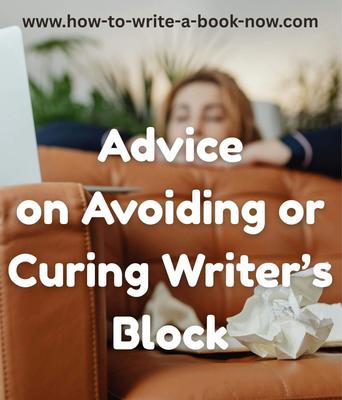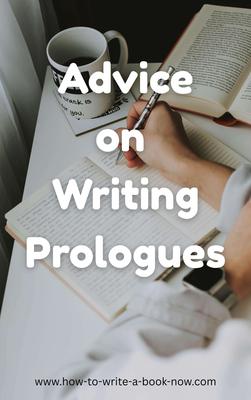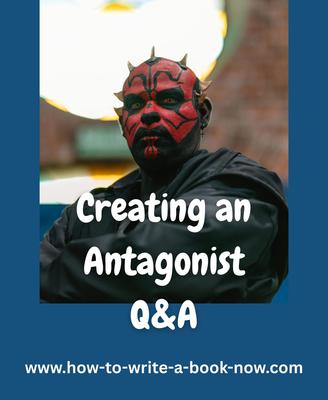Predictable Plot: Nay or Yay?
by Britney
(SC)
Question: I just read another question about when and where to place a plot twist. It got me wondering about whether or not it is necessary to throw in a twist.
I know predictability can be boring, but is it always? Or does sometimes following along the classics prove to be more effective. Would you say it depends on the type of story?
Basically I'm hoping for your awesome opinion :) I've read through tons of your Questions and Answers and your advice is consistently informed and detailed. Thanks a bunch!
Answer: Well, Britney, I'm not sure if I have an awesome answer, so I'll just ramble for a bit.
It is true that sophisticated or experienced readers can often predict how a story will end. If you read a lot or watch a lot of film and television you can easily recognize what type of story you are following, especially if it's the kind of story you are typically drawn to. You may develop an innate sense of the structure of these types of stories.
Also, there are some genres where the ending is a little more predictable. Romances always end with the heroine finding true love (it's a rule). Murder mysteries always end with the killer being unmasked. Horror stories tend to have an apparently happy ending that is then yanked away at the last second with the implication that "it's not really over." Good hero/versus evil villain stories almost always end with the hero winning.
However, as I said in reply to the other question, readers generally don't want the ending to feel too predictable. If it does, they feel no need to finish the story.
Readers want to be able to entertain a certain level of doubt. They want to feel the need to "find out what happens" - which occurs when they cannot see a way for the story to end happily. One of the best things a reader can say about the ending of a book is that, "I never saw that coming, but it made so much sense of everything."
Even in the case of a romance, which the Romance Writers of America declares MUST have a
You'll find that those classic plots work because they are built upon a structure that creates exactly that emotional effect.
Does this mean you always need a twist? Let's say there are degrees of torsion, and many different types of plot twist are possible.
Sometimes it's enough that the main character cannot reasonably be expected to see what's coming, even if the reader expects it. If the empathy between reader and character is strong enough, that's enough to elicit emotion.
(The worst is when the reader tosses aside the book because he can't believe the main character could be so stupid as to not see what's coming.)
Other times, you really don't want the reader to guess what's coming. And in the case of murder mysteries, the detective should figure things out before the reader can (though you can't fool everyone). Thrillers pretty much depend on the unexpected happening, so twists are important. And as for horror... surprise is an important tool for eliciting fear.
Curiously, readers are getting so sophisticated that you will sometimes see main characters who muse about how, if their life was a film, this is what would happen next..." (For example, Kelley Armstrong's Darkest Powers trilogy.)
Even if you are writing literary fiction and all you want to happen at the climax is for the main character to be forced into making a new decision or conclusion about her life, it should not be one that is so painstakingly obvious that the reader wants to shout it out in Chapter 3. It should be unexpected yet perfectly understandable.
And, of course, not every story needs big twist like, "the main character's reality turns out to be an illusion," as in The Matrix or The Trueman Show. But you probably have a good sense of what would be inappropriate for the story you are writing.
Enough rambling. Hope that clarifies things a bit.
- Home
- Plot Questions
- Predictable Plot: Nay or Yay?















